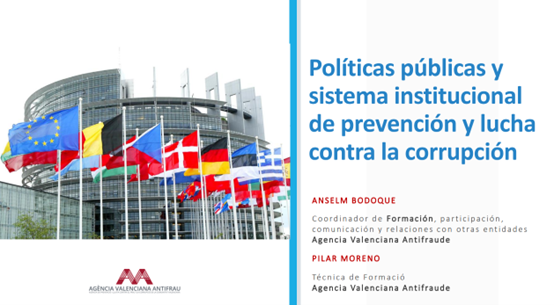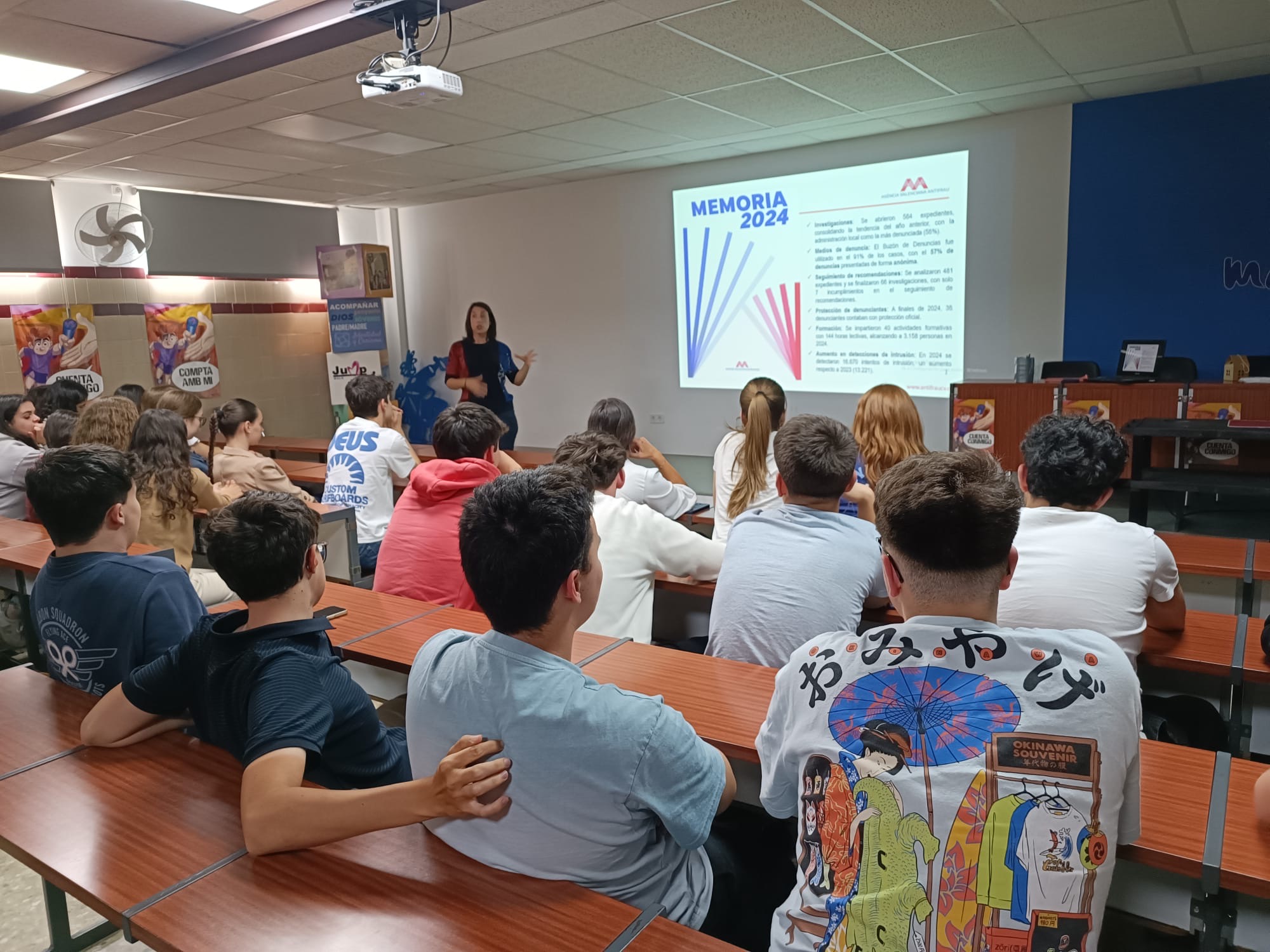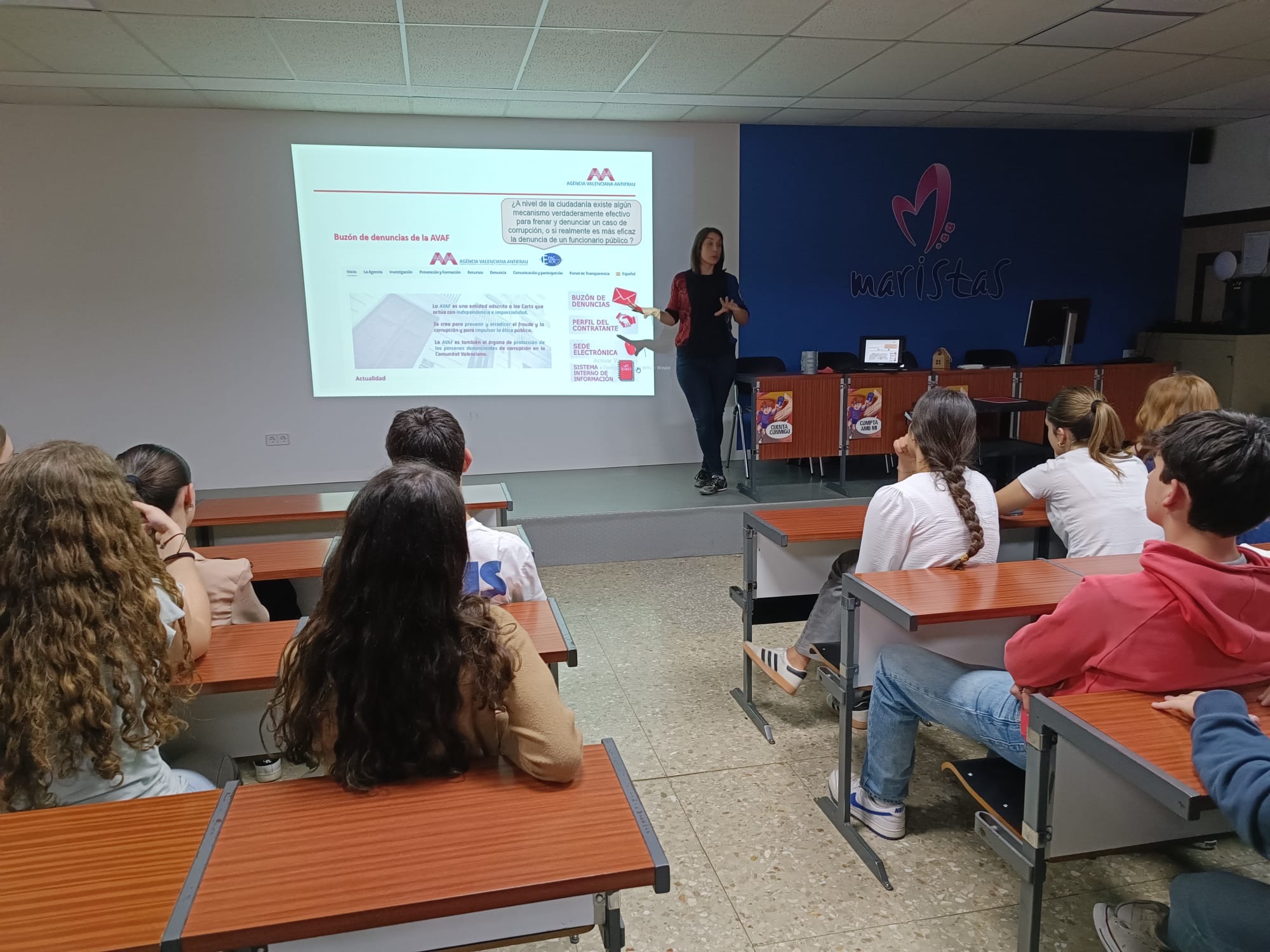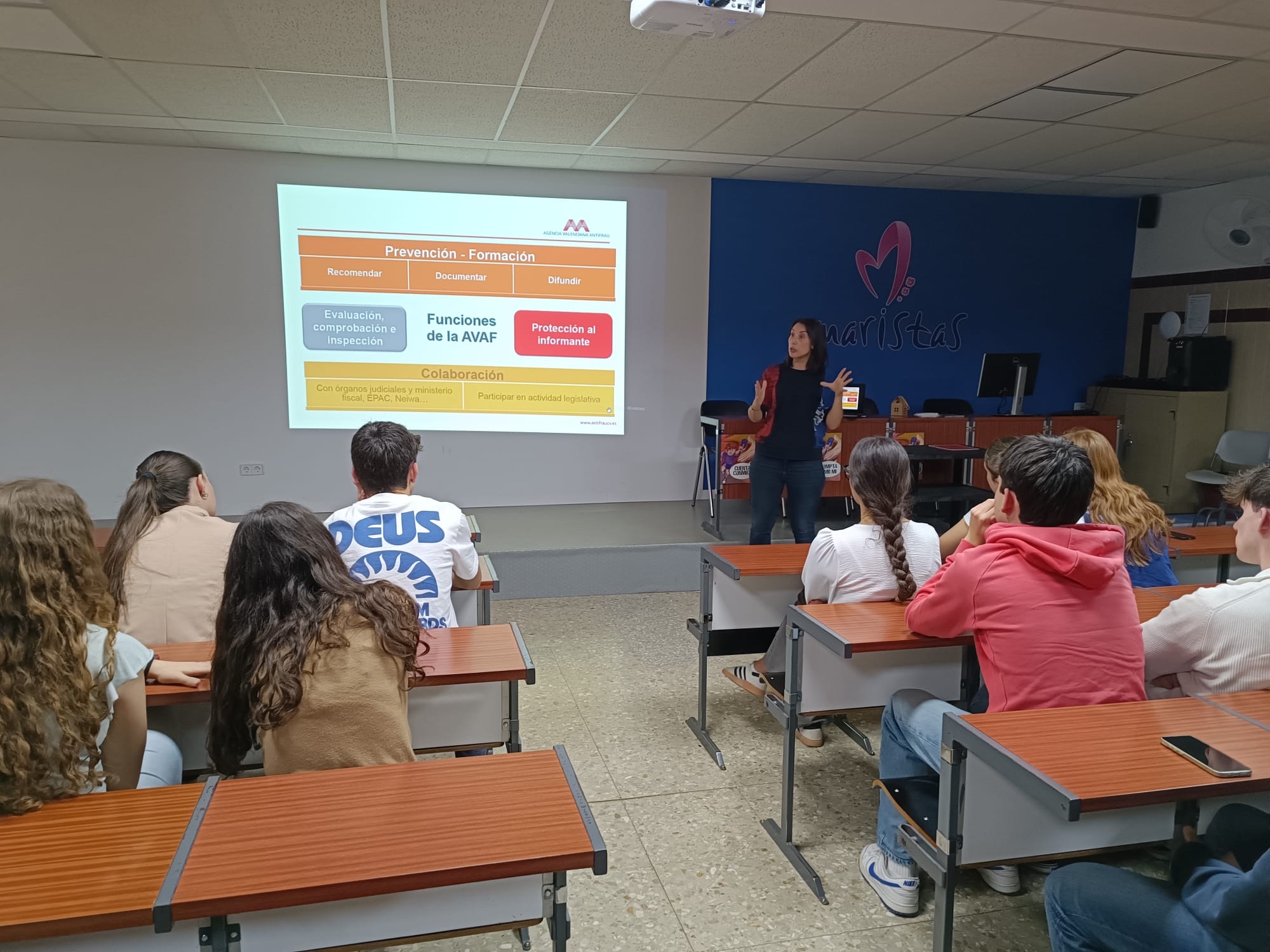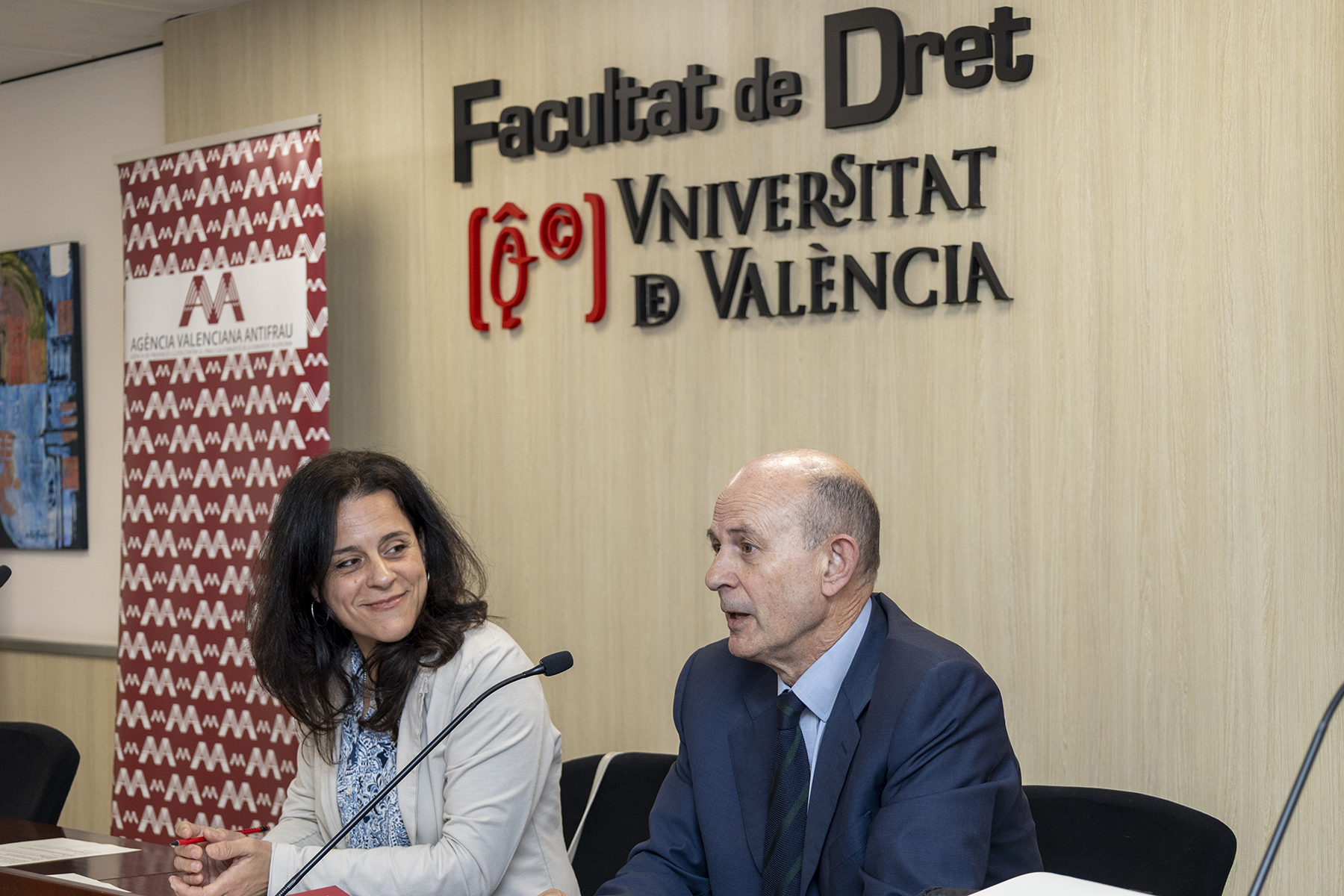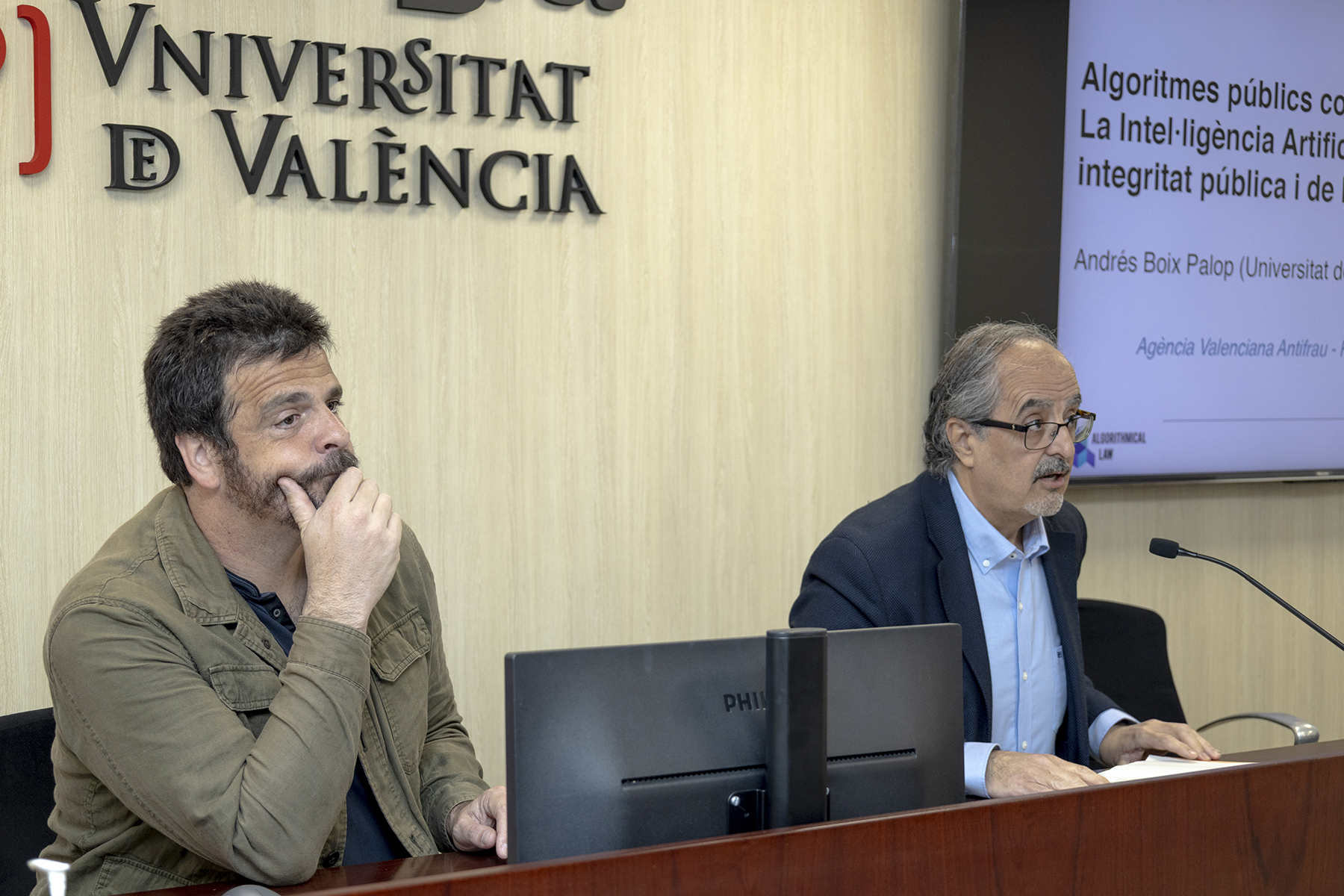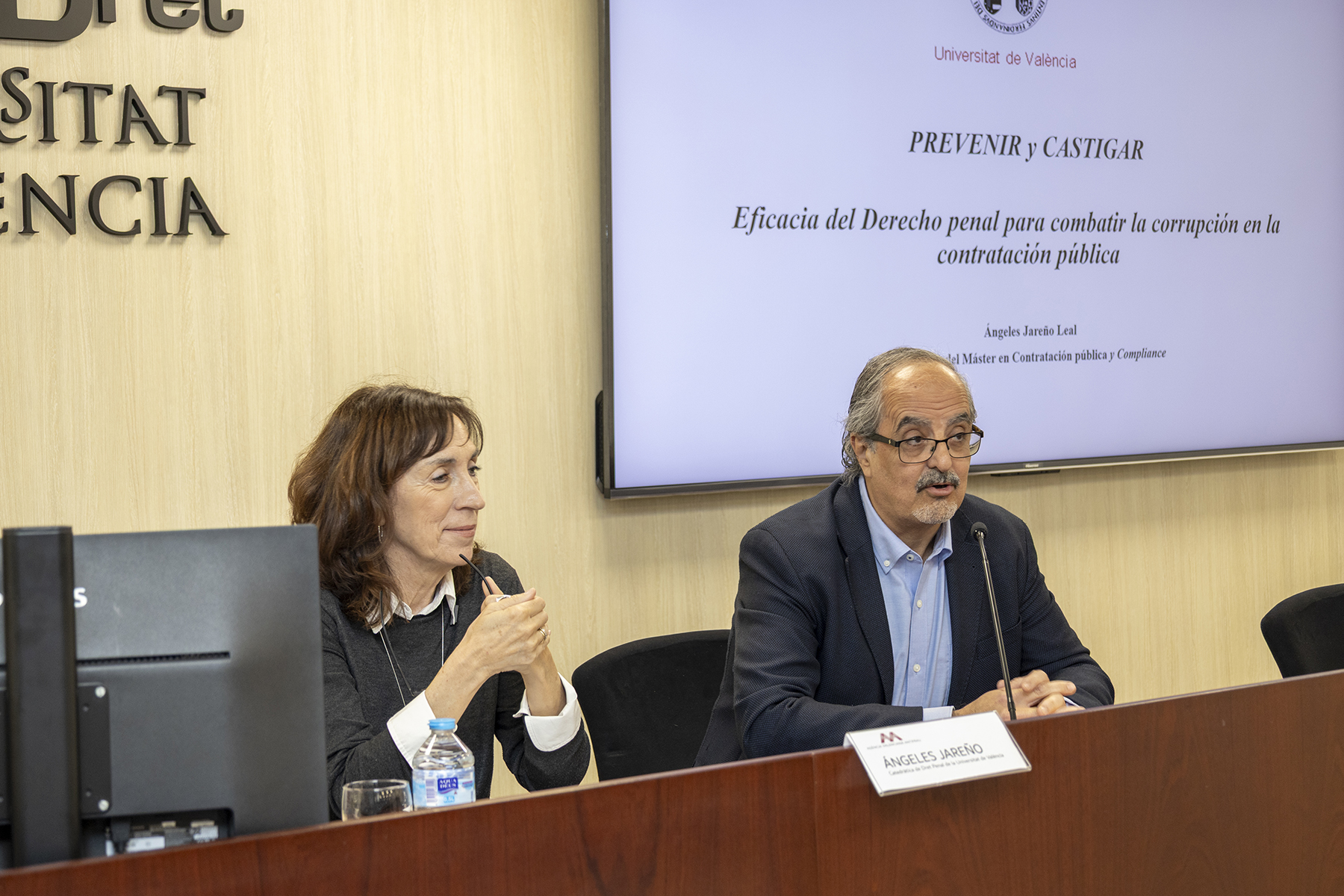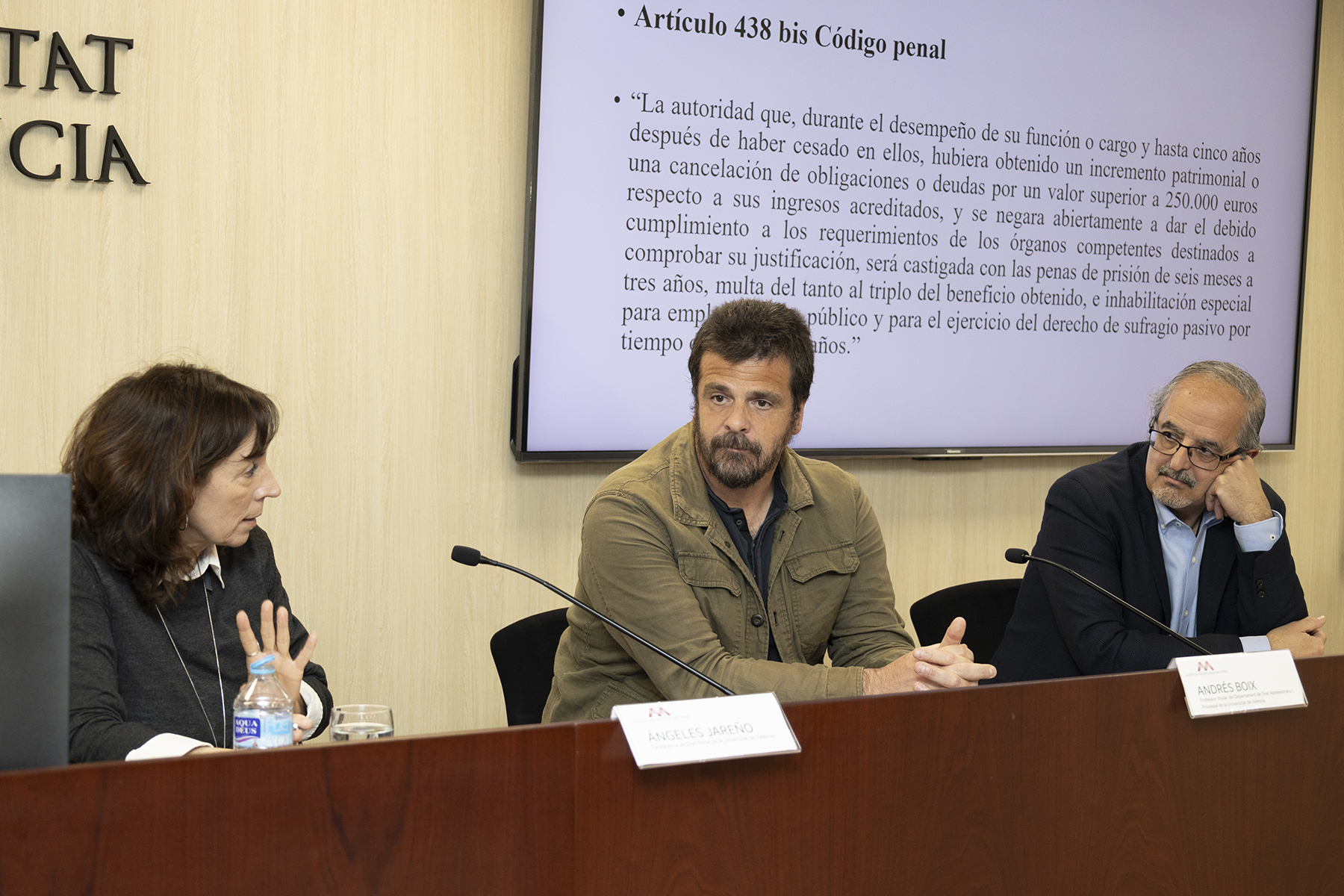València, april16, 2025.- The third edition of the AVAF course “Laws and strategies to fight corruption, for public integrity and the protection of people who report on regulatory violations” has come to an end. The course, approved by the IVAP, has brought together about 130 public employees from the Valencian Community, Catalonia, Andalusia, Madrid and other autonomous communities. The training activity was to have been carried out in November 2024, but was suspended at that time due to the effects of the DANA in the Valencian Community.
The course was aimed at public employees of any public administration, including people who work in public companies or public universities, and preferably those with responsibility for the direct management of internal information systems, anti-fraud committees, managers of personnel files, recruitment and subsidies.
Registration in this third edition of the cuso has exceeded 125 people, 65% women. More than 85% of the students were from the Valencian Community. 65% from the local administration, 13% from the instrumental public sector and 6% from universities.
The course began on March 26 with the presentation of Anselm Bodoque, technician in Training and Prevention, and coordinator in functions of Training, participation, communication and relations with other entities. On the same day, Training technicians Marita Oliver and Pilar Moreno made, respectively, an introduction to Law 2/2023 and public integrity strategies in public administrations.
The training sessions on 2 April, the second day of the course, were led by Marita Oliver and dealt with the management of internal and external information systems in Law 2/2023 and the figure of the person responsible for internal information systems, in the first part of the morning, and the procedure for managing AVAF complaints. in the second half.
On April 9, the third day of the course, he had two sessions. In the first, Marita Oliver explained the regulation of the protection of whistleblowers in regulatory laws, and the AVAF’s instruments for advice and protection of whistleblowers. And, in the second, Anselm Bodoque placed Spanish legislation on the matter within the system of European public policies against fraud and corruption.
The last week of the course took two days. On 15 April, a face-to-face conference was held in the auditorium of the Faculty of Law of the University of Valencia (UV), presented by the Dean of the Faculty, Clara Viana, and by the Director of the Valencian Anti-Fraud Agency, Eduardo Beut, thanking the University for its collaboration at all times. During the conference, the professor of Criminal Law at the UV, Ángeles Jareño, focused on the weak points and issues open to debate in corruption prevention strategies; while Andrés Boix, professor of Administrative Law at the same university, explained the role of artificial intelligence as an instrument to fight fraud and work for public integrity and transparency. The two professors finally participated in an open debate with the students, led by Anselm Bodoque, on what is the priority path to fight fraud and corruption, considering the two central poles, prevention and punishment.
On April 16, the last two sessions of the course took place, which dealt with the Valencian system for the prevention of fraud and corruption, by Anselm Bodoque, and a workshop on conflict of interest led by Pilar Moreno and Anselm Bodoque.
All the sessions of the course were online, except for the face-to-face conference on April 15, which was held with the collaboration of the Faculty of Law of the University of Valencia. The course has combined interventions in the form of master classes, participatory debates, specialized conferences and surveys with the aim of carrying out an agile and useful training activity.
The Valencian Anti-Fraud Agency is grateful for the kind collaboration of the Faculty of Law of the UV and the trust placed in the training given by the institution by all the people enrolled in the course.
If you wish to have specialized training in integrity and corruption prevention in your public entity, do not hesitate to write to formacion@antifraucv.es.


